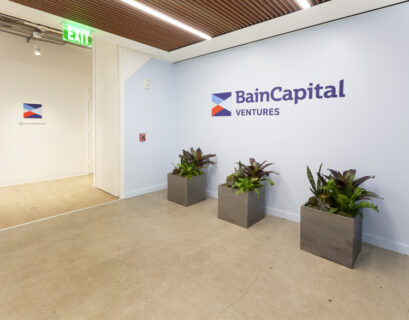
Rishika currently works at Quadria Capital. She was at Paragon Partners from 2019-2020, and previously was with DBS Bank, based in Mumbai. Rishika is an undergraduate from Shri Ram College of Commerce (Bachelor of Commerce – Honors) and is a CFA L3 candidate. Rishika will be sharing her experience from her stint at Paragon Partners focusing on sharing insights about the private equity industry in India
Interview
How did you recruit for this role? What would your advice be for potential candidates aspiring to get here? (recruiting strategy, cycle, process etc.)
Reaching out to people and making a personal connection with them on LinkedIn helps a lot. Follow activities / articles which are written by the partner / director and try giving your thoughts in the comment section. You can also directly message the top management of the firm sharing a note about yourself and why you would be keen on joining them (1/10 will definitely reply). This goes for someone who is not coming from a traditional IB / PE / Consulting /Startup / Strategy background (I was a FX Trader at DBS, so this strategy helped me get a few interviews). Be in constant touch with recruitment agencies like Native, Michael Page etc. and tell them your interests, they usually come back, if anything is suitable.
What are the key skills that are required for this role?
To land an analyst role you should be thorough with your Corporate Finance (Balance sheet, P&L, Cash Flow, DCF, Comp valuation). You should know/be able to derive the KPIs of a business (sales/sqft for retail, ARPOB for hospitals etc.) and typically try analyzing why a business is worth investing or not.
Financial modelling is a must. How you can marry all your three statements and present a quick model in a 3 hour case study round along with a 2/3 slide presentation. Learn about different ways you can value a business and what operating edge/value add can you bring if you end up making it your portfolio company.
What is the typical feeder profile (typical previous work experience) for this industry in general and for your firm in particular?
Usually people from Investment Banking firms are preferred in domestic PE funds. Global funds are keen to hire a consultant because of their operational background.
Is there an education path that is preferred for getting a role in this industry?
I typically think whether you an engineer/a commerce graduate both are equally likely to get in a PE fund if they have the relevant prior experience
What is a typical day at work for you?
“No day is same, holds true”. It’s usually a 10am-8pm work hour (depending if you are not on a live deal- then it could really vary) but between those work hours someday you will be meeting management/ promoters/experts in the fields. Work involves speaking to a lot of industry veterans in order to know their views which can help you in competitor analysis. Playing and engineering numbers is a thing because everyday you will get a new piece of information which could be a turnaround on your initial thesis. You will also be a doing a lot of due diligence like field visits, meeting your on-boarded due diligence vendors etc.
What are your key responsibilities and deliverable on a case / deal?
Financial model, investment committee memo are a must (which is discussed on the day we get an approval/rejection for the deal). You will do a lot of benchmarking/analysis on competitors both from the private and public space. Minutes on every meeting, call and visit is circulated with the team involved in the deal.
What is the typical exit that people get from this role?
Usually people start their own business (startup/fund) or pursue higher studies.
What are the pros and cons about this role?
Pros
Exciting space, linear learning curve, diminishing marginal utility of knowledge comes very late in career, good paychecks, your work brings a lot of value to the team, extensive networking (founders/other PE folks)
Cons
If you don’t like numbers, it isn’t the space for you, number crunching sometimes can get tiresome, long working hours, no room for errors
What are your typical work hours in a week (including weekends)?
10a.m.-8 p.m. usually on everyday. (If on live deal then there isn’t any track on the hours/weekends you are working)
How do the responsibilities evolve as one grows in this industry into senior roles?
As you move in the senior role job description and responsibilities typically remains the same but your hiring from expects you to start leveraging the connections in order to connect with right founders (if deal is proprietary) to get an early look, or get insights from funds/people who have earlier looked at the space/similar companies. It really boils down to helping your juniors in proving piece of information which couldn’t be assessed by them.
What would be your advice for people aspiring for a similar role?
Failures in interviews are not un-common, never stop the hustle. Just keep working on upscaling your modelling skills, corporate finance knowledge and talk to people in similar roles to know what are the typical qualities firms are looking at. Be very confident when presenting yourself (3 minutes into the interview can be a make/break deal). Reach out to the right people and build meaningful connections.










![First Principles Approach to Financial Modelling in Excel - [Episode 1] First Principles Approach to Financial Modelling in Excel - [Episode 1]](https://thenumbermonkey.com/wp-content/uploads/abacus-100x100.jpg)









